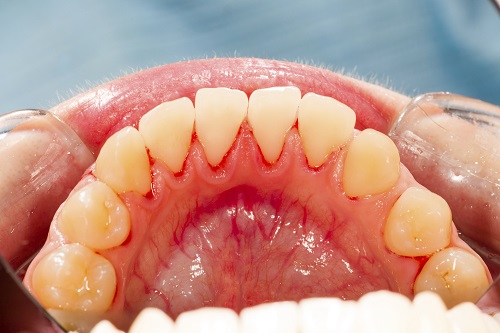A periodontist is a dental specialist who diagnoses, treats and helps prevent diseases that affect the structural support of the teeth, including the gums and the alveolar ridge. There are several reasons why one would need to see a periodontist. There are several procedures your general dentist cannot perform that require the specialized and advanced skills of a periodontist. Gingivitis, tooth extraction, bone grafting, soft tissue grafting, and implant installation are some of the reasons why you would need to see a periodontist.
Gum Disease Treatment
Since gums are part of the structural parts on which the teeth are anchored, one may require to see a periodontist because of gum disease. Periodontal disease is a chronic bacterial infection that affects the gums. It can cause gum recession, which increases the risk of tooth loss. A periodontist can diagnose and determine the extent of gum disease and prepare a treatment plan. Tooth scaling and root planing are initial treatments for gum disease. In severe gum disease, your periodontist will perform a gum graft.
Dental Implant Surgery
Dental implant surgery is a procedure offered by periodontists to replace lost teeth. A periodontist will determine if you are a good candidate for dental implants. There are impeding conditions that can delay dental implants, including low bone density and receded gums. A periodontist can determine this and formulate a treatment plan that involves a graft.
Routine Check-Ups
It is easy for periodontal disease to progress unnoticed. Going to the periodontist for routine check-ups makes it possible to get a dental examination. Dental examinations can help catch the disease early and prevent further progression of infection.
Systemic Health Conditions
Systemic health conditions include diabetes, stroke, and cardiovascular diseases. There is a link between periodontitis and systemic health conditions. It is important to see a periodontist to manage gum health when you have systematic health conditions.









